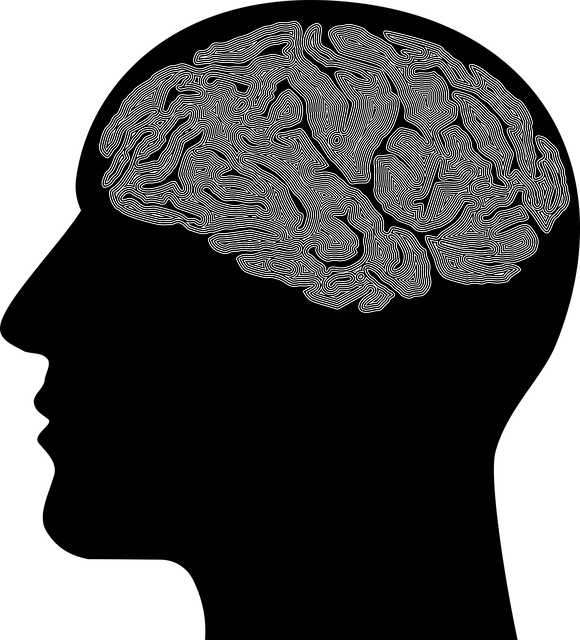Arvada Kaiser Permanente's mental health services prioritize harm minimization through comprehensive risk assessment, guided by resources like Norcal's Crisis Intervention Guidance. Professionals conduct psychological well-being assessments, implement resilience-building techniques, and offer tailored programs to prevent and manage depression, especially in vulnerable populations. The Arvada Kaiser Permanente mental health phone number (NorCal) serves as a key point of contact for support, contributing to proactive depression prevention strategies and healthier communities. Harm minimization combines risk assessment with empathy building, self-esteem improvement, and trauma support services to enhance patient care and satisfaction.
“Risk assessment and harm minimization planning are essential components in ensuring the well-being of individuals within the community, especially those seeking support from mental health professionals. This article explores a structured approach to risk management, focusing on two key aspects: understanding risk assessment as a foundational step for harm minimization and examining the critical role of mental health professionals in developing and implementing effective strategies. By integrating practical strategies, we aim to empower professionals, such as those at Arvada Kaiser Permanente (norcal), to create impactful harm minimization programs.”
- Understanding Risk Assessment: A Foundation for Harm Minimization
- The Role of Mental Health Professionals in Planning and Implementation
- Practical Strategies for Effective Harm Minimization Programs
Understanding Risk Assessment: A Foundation for Harm Minimization

Understanding Risk Assessment is a fundamental step in developing effective harm minimization plans, especially within mental health care settings like Arvada Kaiser Permanente. This process involves meticulously evaluating potential risks and hazards to predict and mitigate negative outcomes. By analyzing various factors, from individual patient history to systemic pressures, healthcare providers can create proactive strategies.
The Crisis Intervention Guidance provided by organizations like Norcal serves as a crucial resource for navigating these assessments. It equips professionals with the tools to recognize early warning signs of distress in patients and implement Resilience Building techniques. Furthermore, understanding risk assessment enables the development of Burnout Prevention Strategies for Healthcare Providers, ensuring they can offer consistent, compassionate care without compromising their well-being.
The Role of Mental Health Professionals in Planning and Implementation

Mental health professionals play a pivotal role in risk assessment and harm minimization planning, offering specialized knowledge and expertise to ensure comprehensive strategies. At organizations like Arvada Kaiser Permanente, the mental health phone number in Norcal serves as a crucial point of contact for individuals seeking support. These professionals contribute by conducting thorough assessments to identify potential risks, especially those related to psychological well-being. They design tailored programs that incorporate effective mental health education and emotional well-being promotion techniques.
Through these initiatives, they aim to prevent and mitigate mental health issues, such as depression, targeting vulnerable populations. The implementation process involves collaborating with various stakeholders to create supportive environments and implement evidence-based practices. By integrating depression prevention strategies into their planning, mental health experts contribute to a proactive approach, fostering healthier communities and enhancing overall resilience.
Practical Strategies for Effective Harm Minimization Programs

Effective harm minimization programs require a multi-faceted approach that combines robust risk assessment tools with practical strategies for intervention and support. One powerful strategy is to prioritize Empathy Building Strategies within mental health services, fostering understanding and connection between patients and care providers. By implementing these strategies, such as active listening, non-judgmental communication, and trauma-informed care, professionals at Arvada Kaiser Permanente (norcal) can create a safe space for individuals to express their experiences, fears, and hopes unencumbered. This not only enhances patient satisfaction but also facilitates deeper exploration of underlying issues.
Additionally, integrating Self-Esteem Improvement techniques into harm minimization programs has proven beneficial. Activities like cognitive reframing, positive reinforcement, and goal setting empower individuals to challenge negative thought patterns and build resilience. Furthermore, ensuring easy access to Trauma Support Services is crucial for comprehensive harm minimization. This may involve offering specialized counseling, group therapy sessions, or resources for aftercare management, enabling patients to receive the tailored support they need to recover and thrive.
In conclusion, effective risk assessment and harm minimization planning are essential components of comprehensive mental health care. By understanding the foundational principles outlined in this article—including the role of mental health professionals and practical strategies for implementation—organizations like Arvada Kaiser Permanente (norcal) can better equip themselves to support individuals facing various risks. Embracing these practices ensures that resources are allocated efficiently, and harm is minimized, ultimately enhancing the well-being of the community. For more information or support, reach out to the Arvada Kaiser Permanente mental health phone number for expert guidance.






